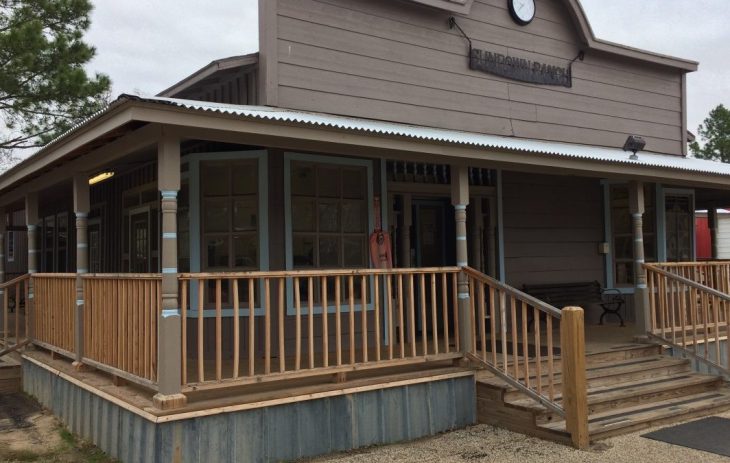About Sundown Ranch
Sundown Ranch is an organization in Canton, Texas, that specializes in treating adolescents struggling with substance use disorder. The facility is located on 450 acres of land with trees, hills and lakes. Under their Master Treatment Plan, they offer medication assisted treatment, cognitive behavioral therapy (CBT), and other evidence based approaches to heal clients.
Effective Medication Options for Managing Symptoms
Methadone, naltrexone and buprenorphine are the medications that are used to treat patients. Methadone and buprenorphine are used for opioid use disorder, and naltrexone is used for both opioid use disorder and alcohol use disorder. Each option can reduce painful symptoms and cravings and allow patients to be more focused on healing through therapy.
Recovery Through Therapy and Family Support
The staff will combine medication treatment with other therapeutic approaches, such as family support and individual counseling, to promote long term recovery. CBT is a primary therapeutic approach to help clients change negative thoughts that contribute to addiction and develop coping skills to avoid using substances.
Sundown Ranch is a little over an hour away from Dallas, Texas. Some great attractions to see when there’s time to take a day trip into the city include visiting the Nasher Sculpture Center and checking out The Sixth Floor Museum at Dealey Plaza.
Levels of Care
-
Inpatient
Inpatient and residential programs provide round-the-clock medical and emotional support as you live at the treatment facility. This level of care may be recommended if you have severe addictions or mental health conditions since it removes outside distractions and allows you to focus solely on therapy.
-
Outpatient
In outpatient therapy, you’ll attend therapy sessions several times each week while living at home. This is ideal if you have a strong support system and a lower risk of relapse. Outpatient treatment offers flexibility to maintain work, school or family obligations.
-
Aftercare
Aftercare programs provide ongoing support after you complete a rehab program. They may include several components to help you maintain sobriety including therapy, community support groups and relapse prevention strategies. This gives you a network of resources as you reintegrate into your daily life.
-
Dual Diagnosis
Dual diagnosis programs address substance use disorders and co-occurring mental health conditions simultaneously. This integrated approach to care improves the likelihood of long term recovery and stability by addressing the root causes of addiction.
Detox Service Setting
-
Inpatient Detox
Inpatient detox occurs in a dedicated treatment facility. You’ll live there around the clock and receive intensive medical support and supervision to help manage your withdrawal symptoms. It is suitable for individuals with moderate to severe addictions as it ensures a stable detox environment.
-
Outpatient Detox
Outpatient detox gives you access to medically supervised withdrawal services while still allowing you to live at home. You’ll attend a clinic for treatment and monitoring. This flexible option is suitable for those with mild to moderate withdrawal symptoms who have strong support systems.
Programs
-
Cognitive Behavioral Therapy
Cognitive behavioral therapy focuses on changing harmful thought patterns and behaviors associated with addiction. You’ll learn healthier coping mechanisms by identifying and replacing negative thoughts. This improves your emotional resilience and decreases your relapse potential.
-
Men
Men's programs address substance use while also considering the social pressures, family roles and mental health concerns that are specific to men. You’ll learn healthy coping mechanisms as you build emotional resilience and develop communication skills.
-
Opioid Detox
Opioid detox uses medications to ease severe withdrawal symptoms. It also includes medical supervision to help you manage potential complications. These services allow you to stabilize and begin a recovery plan.
-
Women
Women's programs offer a safe and supportive space to focus on gender specific issues such as trauma, family roles and mental health conditions. Therapists tailor the sessions to address women's needs and foster empowerment in a healing and nurturing environment.
-
Young Adult (18 - 25)
Young adult programs are designed for individuals who are transitioning into adulthood. Topics of discussion typically include identity, independence and peer relationships. Providers may also offer life skills training and career support.
Accreditations
-
 Joint Commission
Joint Commission
Amenities
- Lakeside
Contact
3120 County Road 2318 Ste 100
Canton, TX 75103





